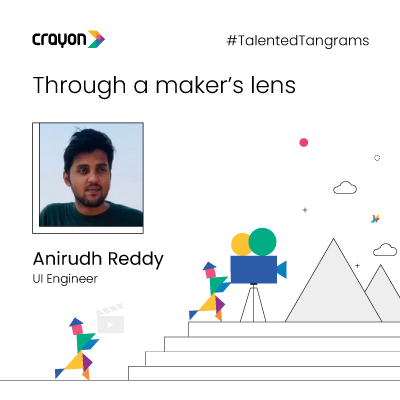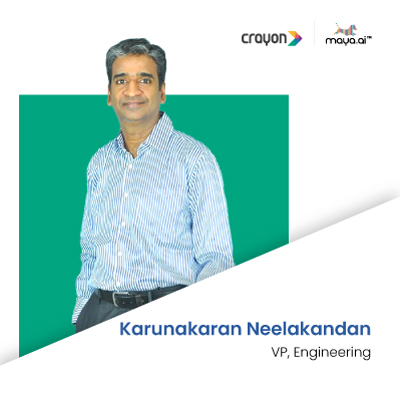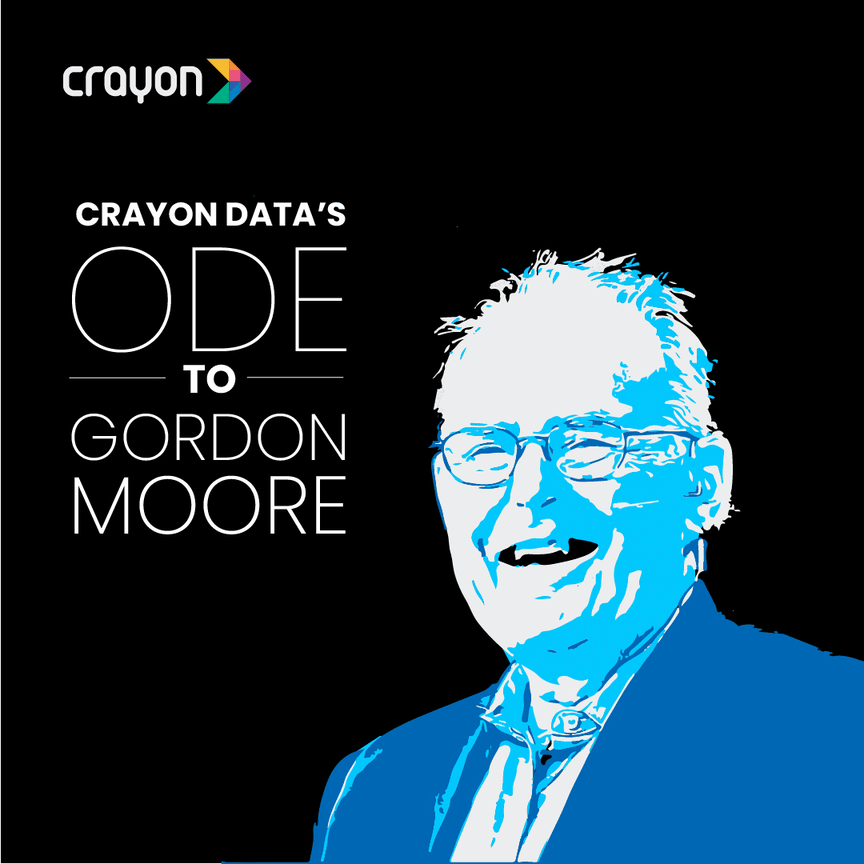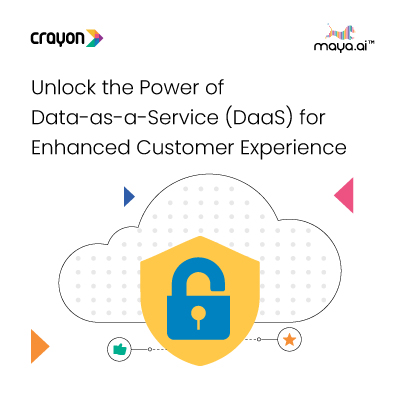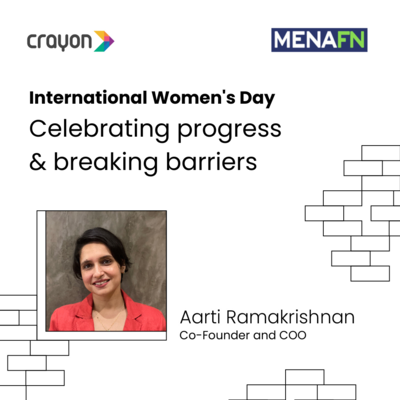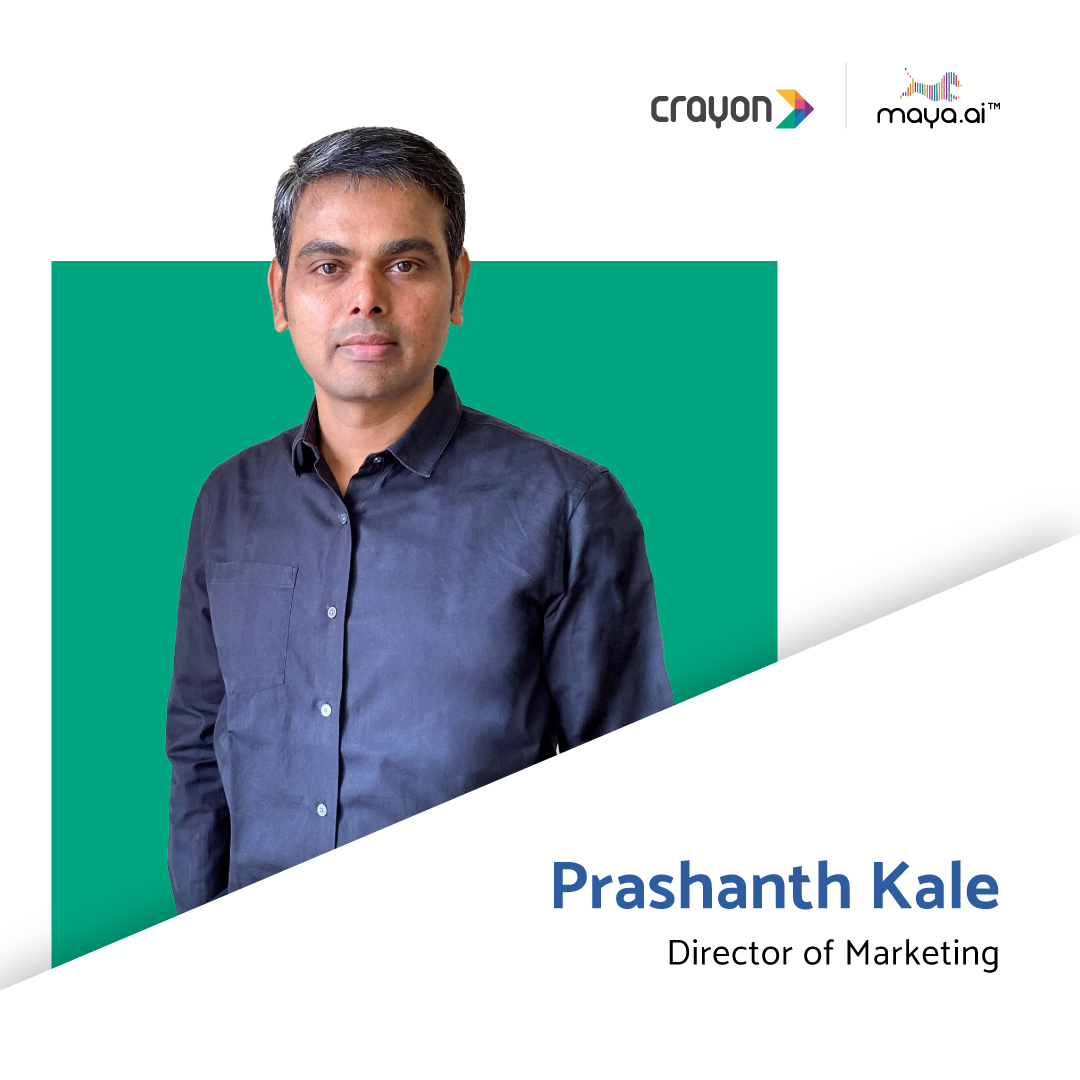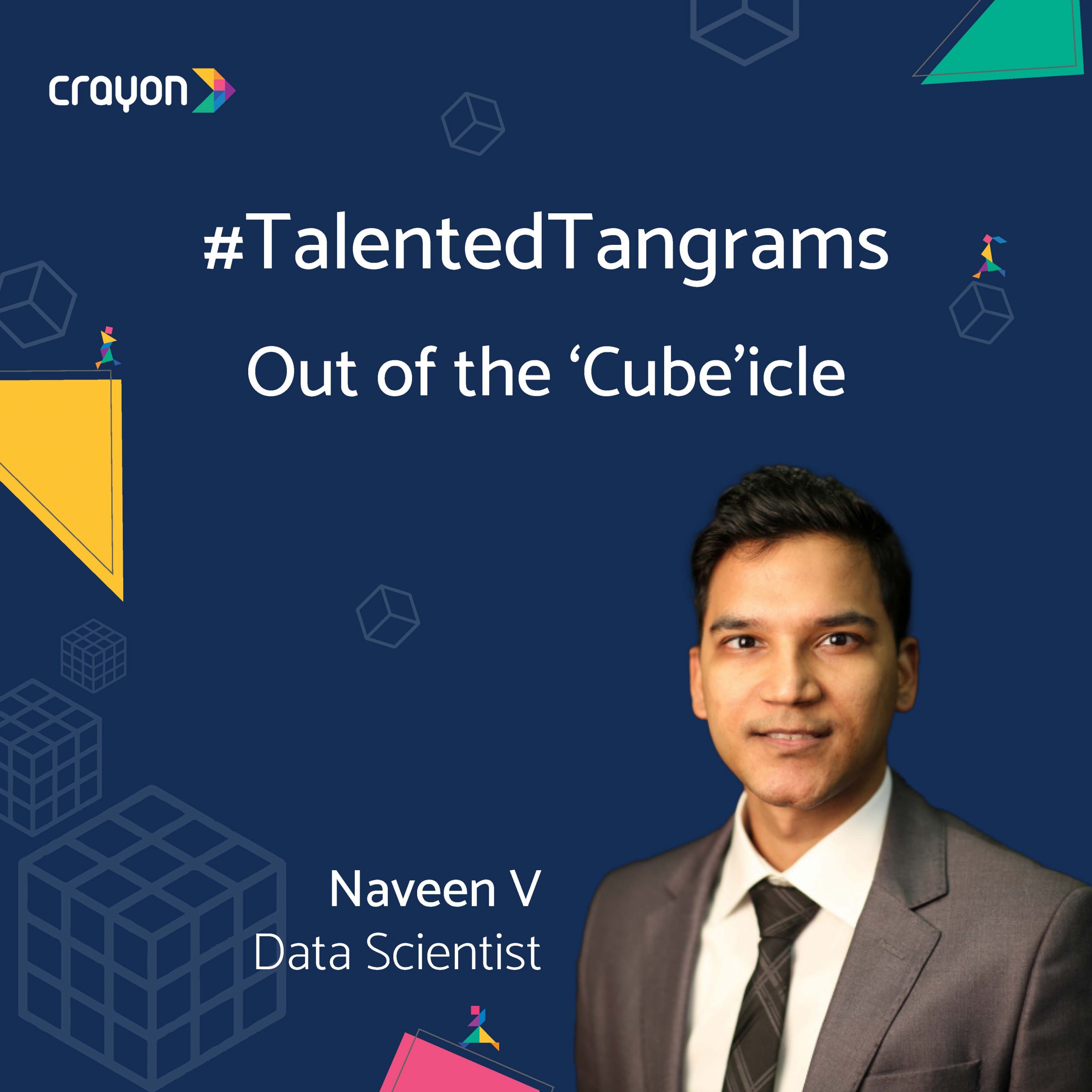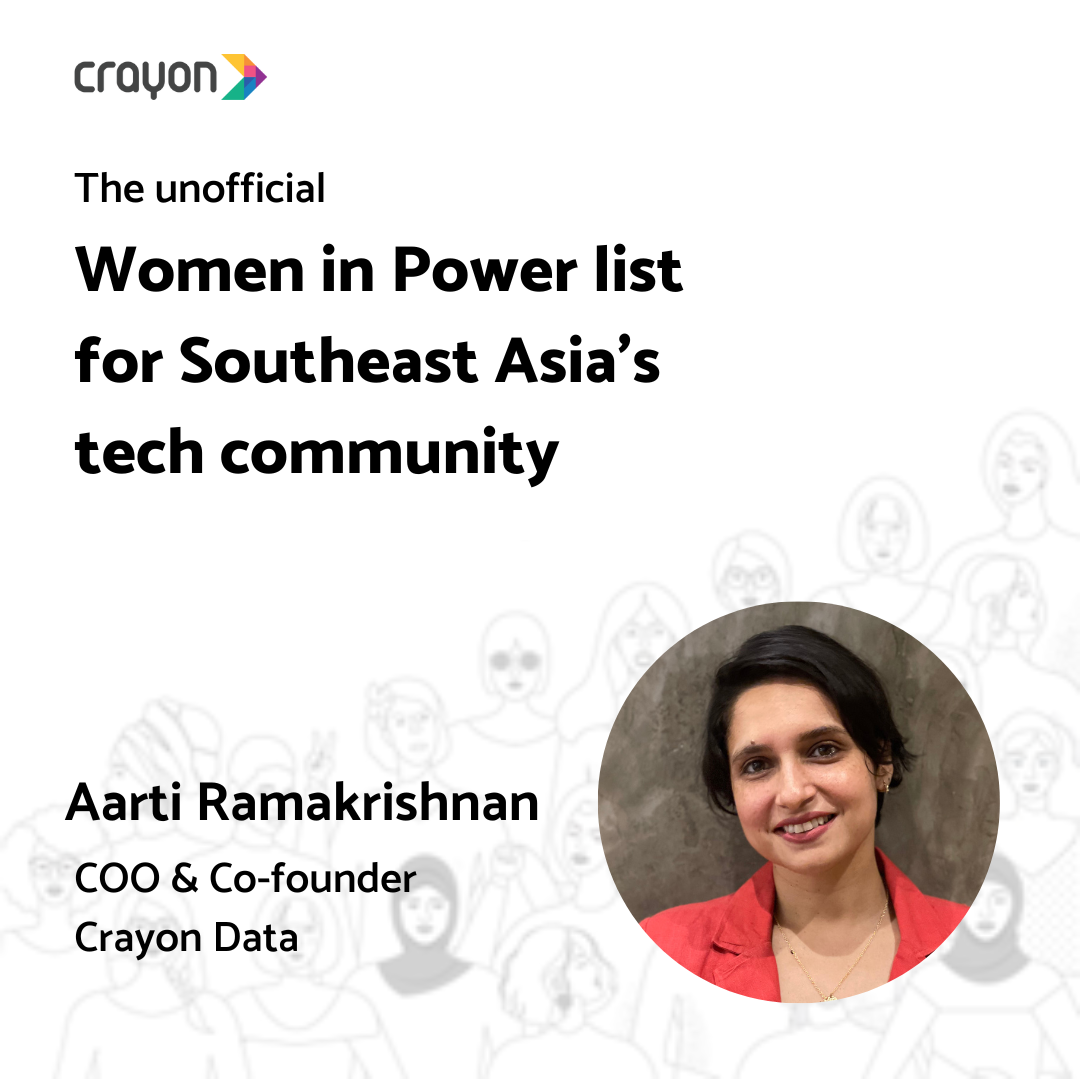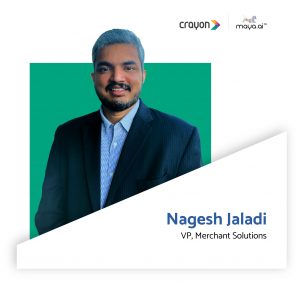
My career started in 1999, a freshly minted graduate from BITS Pilani. And, like most eager beavers wanting to prove themselves, I was ready to rule the world! My journey started as an SAP developer. I started right at the bottom, working my way up to becoming a seasoned SAP professional. And 10 years in, I had done the whole transition from senior developer to project manager. I was responsible for engaging with critical clients, handling large teams and delivering quality solutions.
Being Project Manager, I had the opportunity to build complex solutions and figure out how the many parts work together to get to the end goal. I also got to be the one in control (well, kind of)! All through, I got to know and work with some exceptional people!
My teams had everyone, from those fresh out of college to senior consultants spanning across multiple skills. Working with clients across the world, solving challenging business problems, managing diverse teams… Doing it well was a great kind of high! After some years of that, though, I felt like I had been there, done that.
I was looking for something more.
What exactly that was, evaded me at the time. I decided then that I deserved to take a break – to relax, rejuvenate and re-evolve! The break was great; I believe it did me a lot of good. I focused all my energies on the things that mattered to me: art, craft, cooking, fashion design, music, family, friends and me!
And as fate would have it, one of those friends was Aarti (Ramakrishnan), co-founder and COO of Crayon Data. She was looking for someone with experience of running big projects. And she convinced me to give the role a shot. It would draw from my expertise and experience; and enable me to contribute to the organization – a much smaller and closer unit as compared to my previous workplaces. A role that pushed me out of my comfort zone. The combination piqued my interest!
So, what exactly does a project management office do?
A PMO is the glue that keeps projects together. You have several different parts of the organization that must play together to get a good outcome. The closest analogy I can think of is a coach in any team sport. They don’t really play the game on the field – that’s what the players do. But it’s the coach’s job to create the game plan, get players ready, know who should be brought in and when… That’s what a PMO does too!
The scope of my role as Head of PMO goes beyond just that. I see how plans play out, resolve issues when they arise, facilitate and support teams with their needs. Through it all, I’m assessing and identifying ways to execute better the next time around. This could be figuring out metrics to track, how to better facilitate something so teams can get the job done more efficiently. Or addressing people needs, concerns and aspirations. There’s always something to do as a PMO!
A typical day for me is a whole lot of coordination and facilitation.
The job is to break down the scope of work into logical units of work, assign the right (wo)man for the right job, get all the little parts working together – basically set the project and people up for success! As someone who loves working with people, one of the best parts of the job is mentoring and guiding people and getting the best out of them. The other part of the job I love is checking off items on my to-do lists (Warning – list-freak alert!!).
Jokes apart – it’s a very satisfying feeling to get stuff done. And, to know that all your efforts have had an impact on how things work better – be it process or people – is just fulfilling!
My work with people from across the globe has taught me a couple of crucial lessons, that apply no matter what:
- Don’t make promises you can’t keep: Set expectations right and stick with the committed plan. Anything above & beyond is a bonus! This is what builds trust – and when there’s trust, it’s half the battle won!
- Make sure you listen to what your client really needs: There could be multiple solutions to a problem. Your solution may even be the most comprehensive, efficient, and ultimately fitting one. But do not lose sight of the prime objective. The right solution to a problem is governed by a lot more than just a complex plan and great technology – context matters!
As facilitators, sometimes the job can be frustrating – your success is through the success of your team and sometimes you just want to get in there and play yourself. In the end though, all’s well that ends well!
One of my leadership mantras has always been “Get your team right”.
That will set you up for success. I always say that I’d rather work with a team that may not know everything but is committed and willing to adapt and learn, rather than work with a group of experts, confined to their own skills and that do not work well together. The only thing I expect is, if you’re in the team, you give a 110% – the rest will fall into place.
So, I do get a bit obsessive about who I have on the team – that has just worked out for me so far!
Another mantra I do live by is an open line of communication with my team. I’m always accessible, and I make sure to connect with each person in the team. At the same time, they know that I will pull them up if something expected of them isn’t done. Constructive candor is an art – it’s not easy but it is also necessary. Without it, there is no scope for improvement. Bottom line, they know I have their best interests in mind and that helps!
Dream work and teamwork
Did I envision myself ever in my current role? Honestly – no! For me, it was always about doing justice to the role I was in at the time. In fact, if you ask me now, if left to my own devices, I would probably have my own little art & craft store! That being said, I’m in a happy place! I enjoy the work I’m doing. I have the pleasure of working with some smart and interesting people and I believe, I make a difference.
Imposter syndrome is real in any (management) role – there are certainly times when you wonder whether you should be more and do more. And, quite frankly, there is always more you can be and more you can do. It is important, however, to realize that we all have different roles to play, and we are all there for a purpose – we all contribute in a way to the end goal.
Why should anyone join the Box?
For anyone curious about working at Crayon, I would say join because of the people. We have people that are skilled, filled with curiosity, innovative and fun, and with a maturity above par of most other organizations that I have seen. The intelligence and passion with which they talk about AI is very refreshing – and the exchange of thoughts and ideas keeps you challenged and interested.
There are always open possibilities if you can make a case for it. There is always someone willing to listen and help you make it happen! It’s a great place to work, grow and evolve. And the wonderful people you get to work with just add to the whole experience!
Ready to jump in and add your unique color to the Crayon Box? Check out open roles here.
